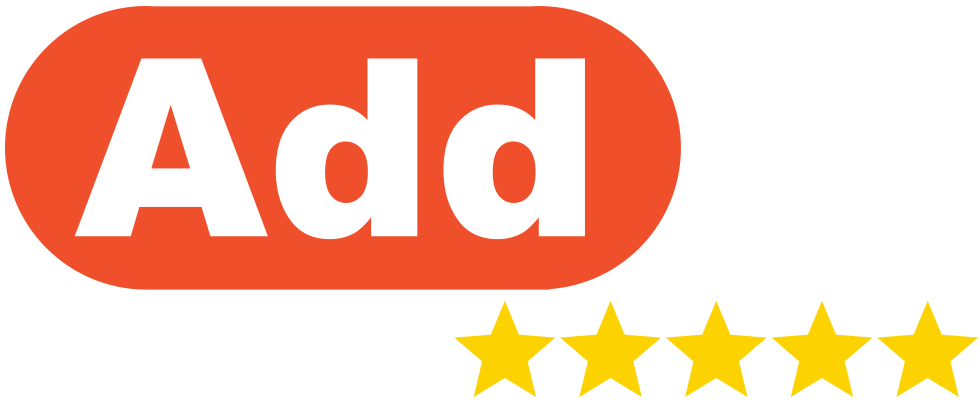
How do you choose a web hosting company?
So you’ve chosen your ideal domain name, paid for the domain name registration, registered the business, built your website, created the content, and then what? That’s right – web hosting! But aren’t all web hosting providers the same?
In theory, web hosting providers offer the same type of service, but like clothes manufacturers, mechanics, or cake decorators, some perform better than others. With numerous web hosting providers in the current market, it’s worth understanding the key elements that define a good web hosting provider before you buy your web hosting plan.
What you need to know about web hosting
Reliable Access
Web hosting enables your site to be accessible 24/7 worldwide. Hosting is where all your site’s files, databases, and content reside, including web pages, images, videos, HTML scripts, blogs, and links to social media platforms, making it an essential component of website management.
Speed and Performance
High-quality hosting can significantly enhance the site speed, performance, and optimization of your website. Lagging pages and product photos that take a long time to download can frustrate customers. Fast-loading sites improve user experience and also SEO rankings. Factors influencing speed:
Security and Backups
Web hosts should provide security tools to ward off hackers and cyberattacks. Secure Socket Layer (SSL) certificates are a fundamental security feature that all web hosting providers should offer as part of their service package. In our opinion, these should be provided free of charge and not charged extra to the customer.
This digital certificate authenticates a website’s identity and enables an encrypted connection, typically between a web server (hosting provider) and a browser (the user accessing the internet). It’s crucial for securing online transactions, protecting sensitive user information, and building trust with website visitors.
Other safety features can include:
- Firewalls and Malware Protection
The difference between Firewalls and Malware Protection is that Firewalls act as a barrier to prevent unauthorized sites and users from accessing your network. In contrast, Malware Protection is software that scans, detects, and removes ‘malicious’ software that could extract important data from your network, or remove it completely, or lock you out and then act like ransomware. - DDoS Protection
Distributed Denial of Service (DDoS) attacks can overwhelm systems with excessive traffic, blocking the service for legitimate users. DDoS can detect and filter out this ‘bad’ traffic, ensuring the website continues to operate effectively. Two-factor Authentication
Two-factor authentication (2FA), also known as two-step verification, adds an extra layer of protection for online accounts by requiring two forms of identification to log into a portal or platform, even if hackers know your password. - Scalability and Types of Hosting
As traffic to your website grows, quality hosting ensures your site can scale efficiently to manage it, with the option to upgrade or downgrade as needed. Web Hosting servers can be physical hardware solutions or virtual. Managed hosting is ideal for non-technical users, as the provider supplies all hosting elements. - Shared Hosting
Shared Hosting is the most common and budget-friendly type of web hosting, ideal for beginners, students, sole traders, and small to medium-sized businesses. It involves a group of users sharing space and resources, such as the Central Processing Unit (CPU), memory, and bandwidth, on a single server, where costs are split and shared among the users. - Virtual Private Server Hosting (VPS).
VPS is more suitable for larger corporations, as it utilizes dedicated hosting servers that can provide better performance and offer clients greater control over their usage and needs. - Dedicated Hosting
This utilizes an entire server for a single company, providing high-performance results; however, it is more expensive. - Cloud hosting
Cloud Hosting offers flexible, scalable, and pay-as-you-go or pay-for-what-you-use types of web hosting. Servers, storage, and networking are delivered over the internet, rather than being hosted in physical servers. Public, private, and hybrid ‘clouds’ are available.

Customer service is the backbone of consumer trust
Having a friendly and knowledgeable customer support team can make or break a service provider! Customers who don’t receive important information or whose queries or problems remain unresolved or take too long to rectify are more likely to give up and go elsewhere. At Help.com, we are proud to employ a team of friendly and helpful individuals who are available to provide support 24/7 via our helpline, online live chat, or via email.
Our website also offers an extensive Frequently Asked Questions Help Support database. This customer self-service resource provides valuable tips and information on domain names, registration, web hosting, digital marketing, and other technical topics. Monthly blogs offer informal news features that highlight industry insights and provide educational content, and are located in the Guide section, accessible in the footer of our website.
Cost vs value
The cost of your website includes multiple factors. Firstly, the domain name registration incurs a one-time fee, but it will also require an annual renewal fee, so it is important to ensure these costs are outlined in your agreement. Help.com has transparent pricing structures, so what you see at checkout is the actual cost of what you’re paying for.
Does your hosting include emails and email hosting? If so, how many? Is bandwidth metered or unlimited? Does your provider charge for SSL certificates or backups? And what is their migration process if you decide to transfer from one provider to another?
Reputation counts
When researching which web hosting provider to use, consider independent reviews and website testimonials to verify what existing customers think about the business.
- Check out the company’s user interface or website dashboard to determine if it is user-friendly. Look for cPanel or custom interfaces with helpful features.
- What is their standard back-up frequency? Daily backups are ideal, but some providers offer hourly or on-demand backups.
- Finally, there is no need to lock into an unforgiving contract. Review the web hosting providers’ renewal policies, processes, and cost implications for upgrading or downgrading hosting plans as business needs change.
No matter who you are — a student, a freelancer, or a business owner — web hosting is the silent engine fuelling your website’s performance. Choose a host like Help.com that prioritizes speed, support, security, and transparency. It’s not just about getting online — it’s about staying there.
Frequently Asked Questions
How do I move an existing domain and website to Help.com?
We’d love to help! We offer free migration of WordPress sites. Contact Us to discuss migration options.
What storage and email options are included with my web hosting plan?
We offer three web hosting plans to suit a range of needs. Our Student hosting plan is ideal for hosting student-based projects, hobbyists, or someone requiring small website functionality. This includes 2GB of web storage and two emails. Our Sole Trader hosting plan provides 4GB of storage and 10 email accounts, while our small to medium-sized business plan offers 6GB of storage and up to 50 additional email accounts.
Why is website speed important?
Website speed is crucial because it directly impacts user experience and can influence how search engines rank your website, ultimately leading to lower conversion rates. Sites with slow loading times can drive users away and negatively impact sales results.




